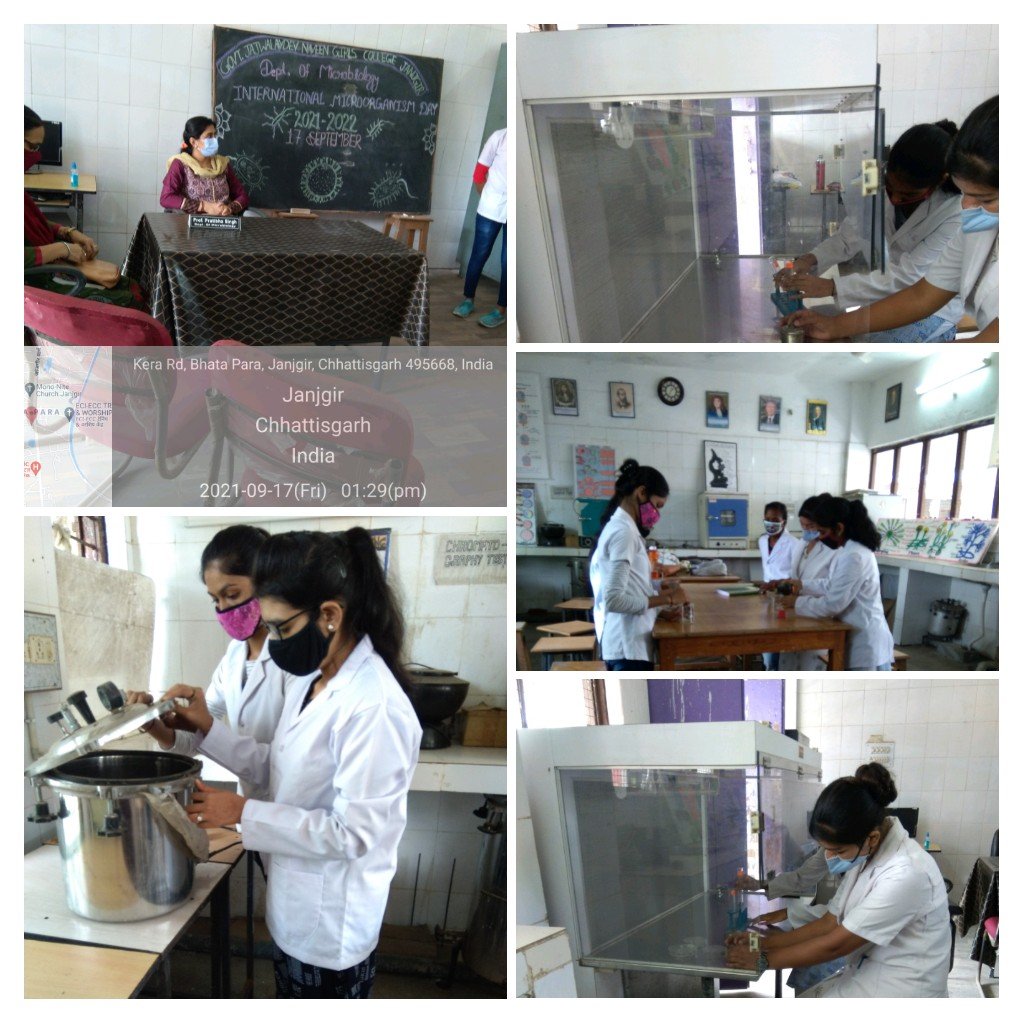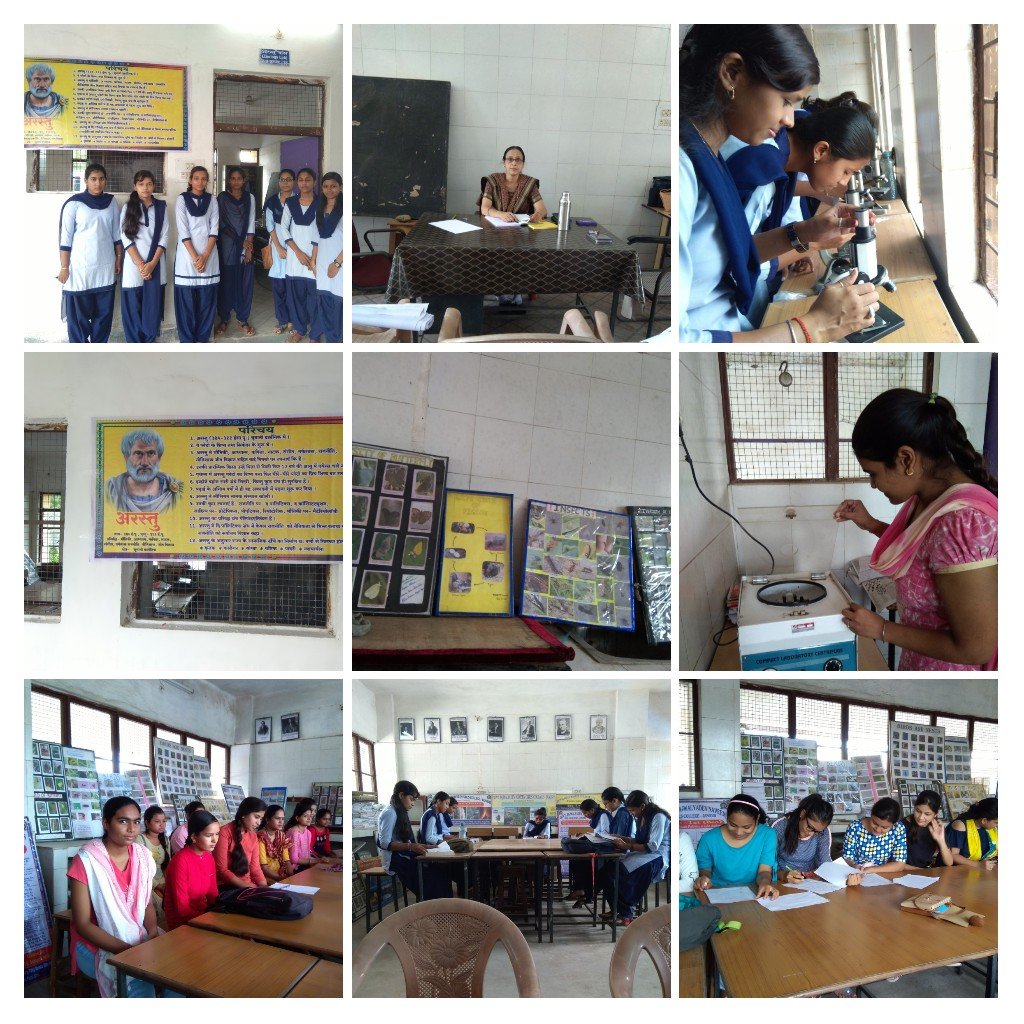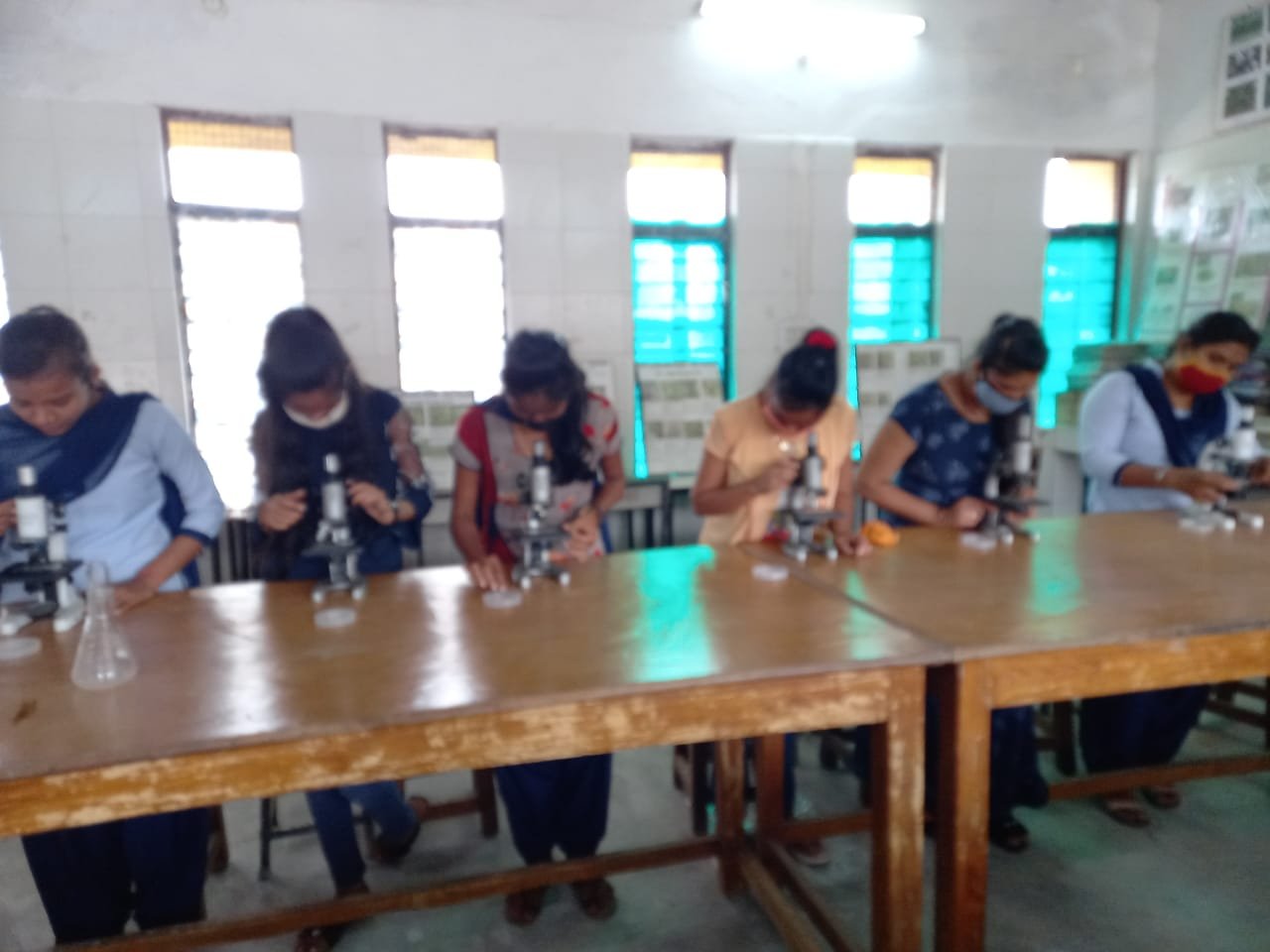MICROBIOLOGY LABORATORY
A microbiology laboratory is a laboratory devoted to the culturing, examination, and identification of microorganisms including bacteria, fungi, yeasts, etc. The microbiology laboratory has a crucial role in effective infection prevention and control (IPC). The instruments used in the microbiology labs include a bunch of different kinds of instruments required for a lot of different processes conducted within those laboratories. Instrumentation is a powerful tool that is used to explore the internal structure of Microorganisms.
Laminar Air Flow/ Laminar Hood
- Laminar Hood is a closed device primarily for processes or instruments sensitive to microbial contamination.
- It is used for experiments related to plant tissue culture and for the experiments of genetic transformation.
Microbiology equipment includes microscopes; slides; test tubes; petri dishes; growth mediums, both solid and liquid; inoculation loops; pipettes and tips; incubators; autoclaves, and laminar flow hoods. The application of available instrumentation to direct specimen processing may provide more rapid detection, identification, and susceptibility testing results on selected specimens. The instruments used in the microbiology labs include a bunch of different kinds of instruments required for a lot of different processes conducted within those laboratories.
SOME INSTRUMENTS:
AUTOCLAVE HOT AIR OVEN INCUBATOR You should always know your lab equipment well before you do any type of experiment because without the proper knowledge of your equipment you will not know how to use your materials or how to correct a mistake that you could make with your equipment.


ZOOLOGY LABORATORY
The zoology laboratory provides the students with a suitable environment to develop a detailed understanding of the animal kingdom by exploring the physical, morphological and physiological characteristics of animals. The laboratory presents through its instruments an ideal place for undergraduate students to study the histology of various cells, tissues and organs.
Some major equipment used in laboratory is Compound Microscope, Binocular Microscope, Dissection Box, Chromatography Chamber, Chromatography Jar, Laboratory Centrifuge, PH Meter, Colorimeter, Laboratory Balance etc.
With the help of these equipments students do some activities like
- Exploration of the general anatomy of animals from different phyla through various slide examination and observation of animal specimen preserved in the lab.
- Slide identification of various histological slide tissue and organ section.
- Identification of different stages of cell division.
- Identification of embryological stages of chick and frog with the help of slides.
- Application of micro techniques for slide preparation and staining through fixation, embedding and sectioning.


BOTANY LABORATORY
The Botany laboratory provides the students with favorable environment to imbibe deep knowledge and understanding of the Plant Kingdom by exploring the physical, morphological and physiological characteristics of plants. The laboratory instruments helps in visualizing the cellular organization of Plant parts.
Some major equipment used in laboratory to Compound Microscope, Binocular Microscope, Dissecting Microscope, Chromatography Jar, Oven, Wilmott’s Bubbler, Potometer, Ganong’s Respirometer, etc. With the help of these apparatus, students perform their practical efficiently.
Our Laboratory provides an adequate environment for students to perform section cutting of varied species of plant to enhance their practical knowledge. Apart from this, various slides, specimens, are also made available to students.
We also ensure that student learns about application of Micro-techniques for slide preparation and staining through fixation, embedding and sectioning.Detailed description and identification of locally available plants of the families as prescribed in the theory paper.Demonstration of different physiological activities of plants.
The lab activity also involves the field visit to study the flora related to Medicinal and Economically important plants in the surrounding region. The field visit arouses interest among students through practical exposure to sites of botanical importance.


Chemistry Lab
chemistry-lab